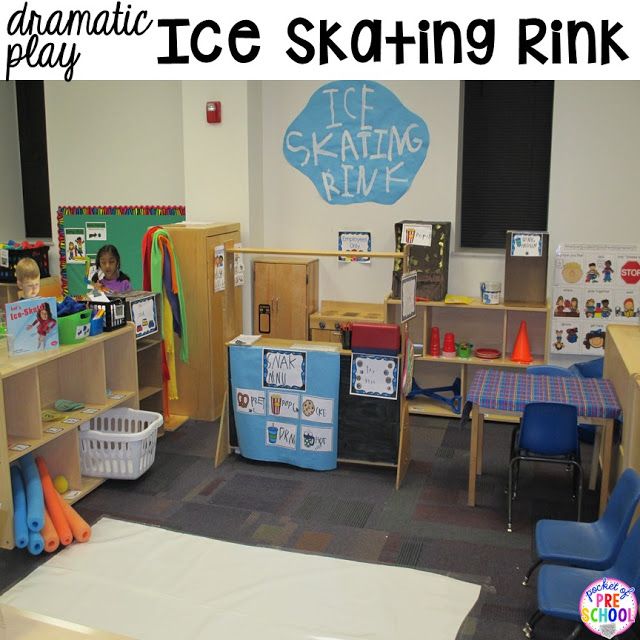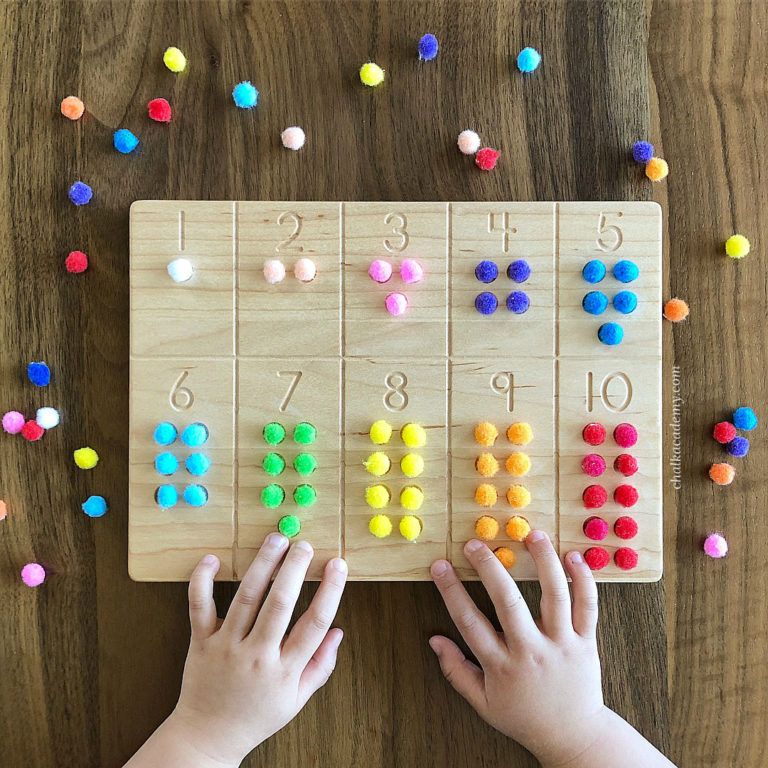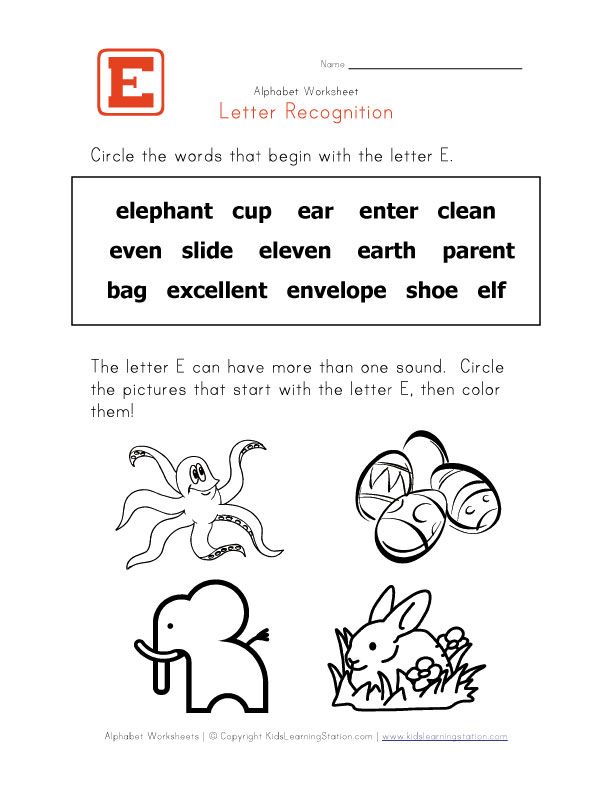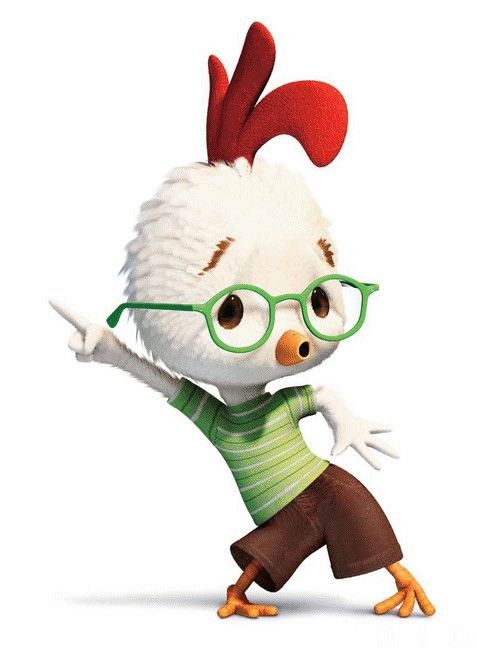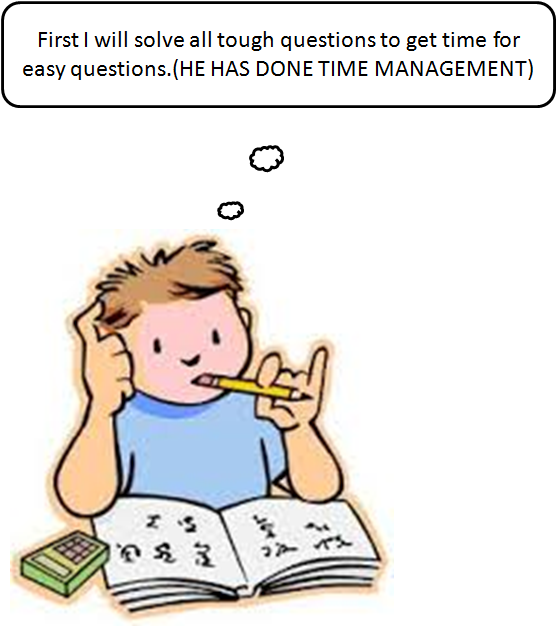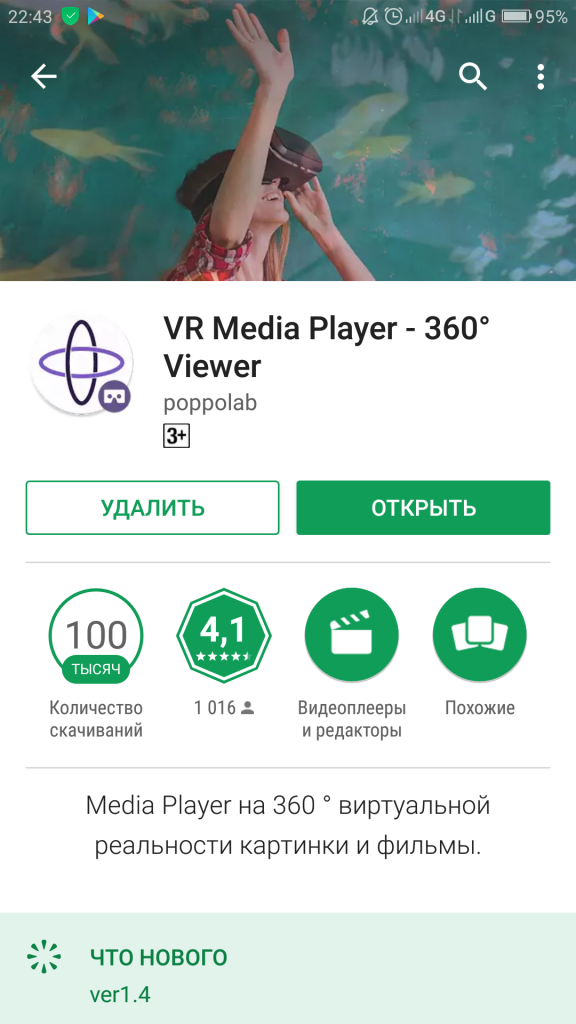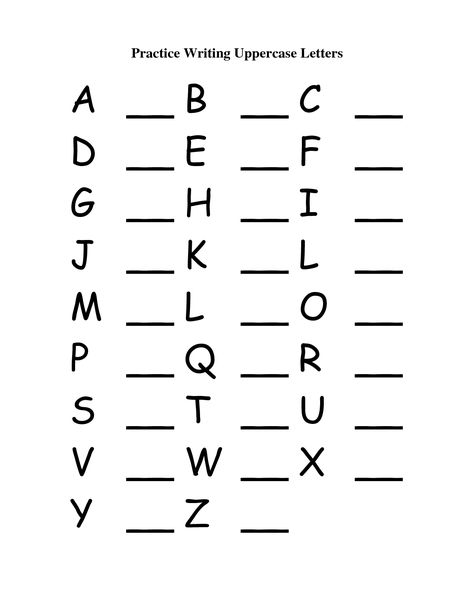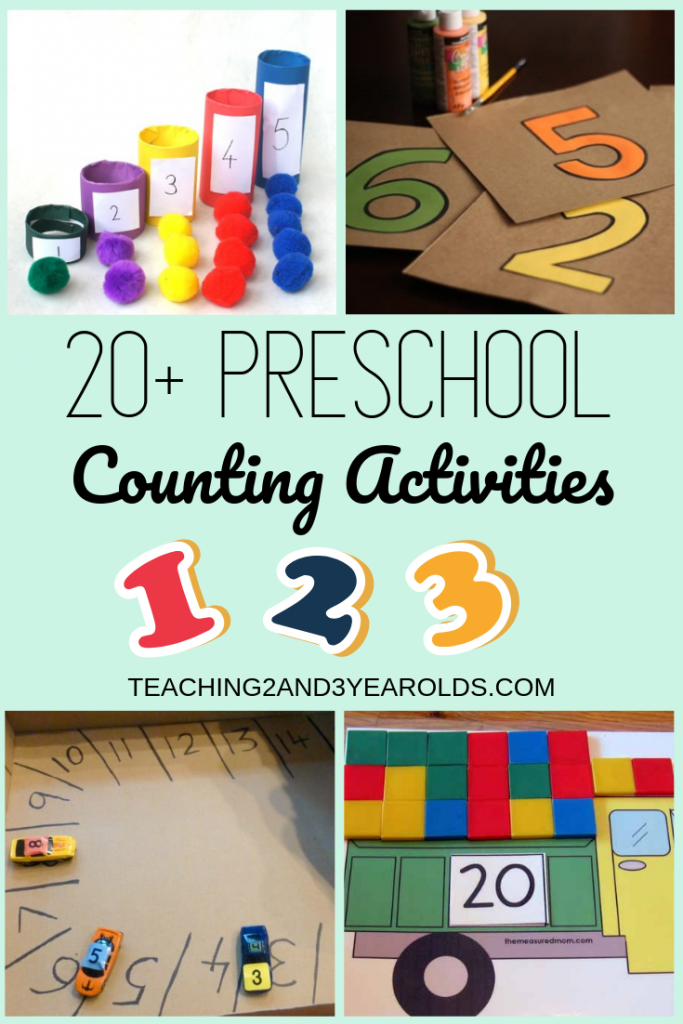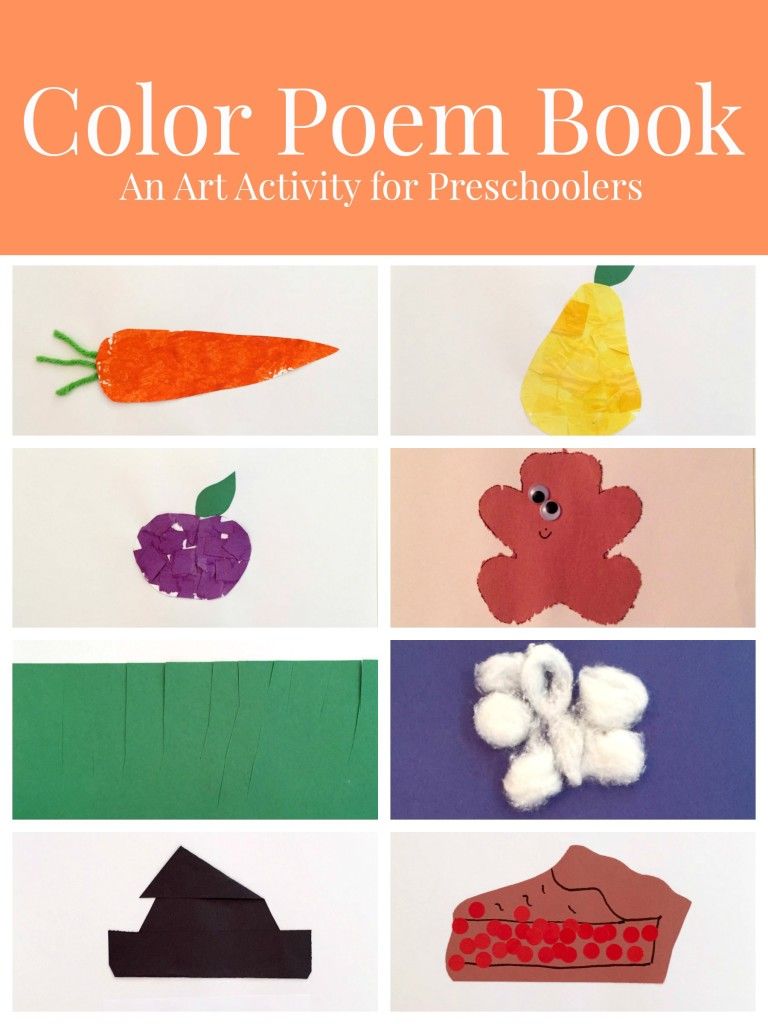Average age learning to read
Learning to read: What age is the "right" age?
Some kids just “get” how to read, while others struggle for years. When should parents worry?
Photo: Tony Lanz
Jenna Levinson* was reading fluently by the age of four.
“I remember I was wearing an Earth Day T-shirt with a picture of a globe on it,” recalls her mom, Stephanie. “And she said to me, ‘Why does your shirt say, “Love your mother?”’ I was pretty surprised. We hadn’t ever tried to teach her to read.”
Jenna’s younger sister, Sadie, has taken a decidedly different route toward literacy. Well into second grade, the seven-year-old “is just starting to be able to read a simple book out loud to me,” says Levinson, who lives in Winnipeg. “She’s progressing, but she still guesses a lot, struggles with vowel sounds, mixes up her Ds and Bs—things like that.”
Levinson says she’s read constantly to both kids since babyhood. “Jenna would listen to as many books as you wanted to read to her, and Sadie would grab the book and throw it across the room. ” Watching her daughters’ radically different approaches to literacy has left her, like many parents, wondering if there’s something innate that helps some kids pick up the ability to read easily and if there’s a “right” age to learn how to read.
9 best educational websites for kids (that are actually fun, too!)
Experts say no. “The brain isn’t naturally hard-wired to read in the way that it’s wired to speak or listen,” explains Bev Brenna, an education professor at the University of Saskatchewan who specializes in literacy education. There simply isn’t one age where kids can or should be reading—despite the deeply ingrained North American ideal that children learn to read in first grade, around age six.
“There’s actually no evidence to support that belief,” says Carol Leroy, director of the Reading and Language Centre at the University of Alberta. Attaining literacy is, rather, a very gradual process. It begins with infants playing with or even chewing on board books and being read to by parents or caregivers, and continues through to independent reading.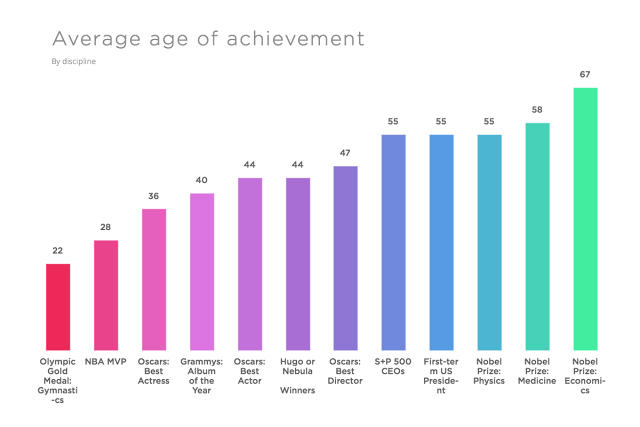 While some kids, like Jenna, seem to pick it up on their own, most need to be taught how to make sense of those squiggles on the page. And some kids take longer than others to do so.
While some kids, like Jenna, seem to pick it up on their own, most need to be taught how to make sense of those squiggles on the page. And some kids take longer than others to do so.
Home-schooler Sue Holloway, for example, tried to teach her older son, Walker, when he was seven. “I got a ‘learning to read’ book, and he hated it. We fought about it a lot, and I finally just let it go,” says Holloway, who lives in South Gillies, Ont. Two years later, Walker began reading independently. “I have no idea how he figured it out, but he did, and now he really loves to read and does so every night.” Holloway’s younger son, Rowan, is still trying to get the hang of reading at the age of eight. But home-schooling gives them the luxury of being able to learn at their own pace. And Holloway says she often hears of home-schooled kids learning to read at about age nine—and going on to complete high school and attend university without any negative effects.
For kids who attend school, the stakes are different. Even if there’s no biologically correct age to read, students who aren’t reading according to a school’s timetable can fall behind and experience distress as a result. If the gap between slower readers and their peers isn’t identified and dealt with early on, it can widen over time and lead to other issues.
“Kids who aren’t reading can’t participate, because they don’t understand the basic mechanics and, therefore, can’t understand what the other children are doing,” says Leroy. And if you don’t understand the basics, you can’t point out the last word of the sentence when asked or circle all the words that start with S. In gym class, a slow reader may struggle to figure out which sign to line up behind if he wants to play soccer or skip. “Around grade two or three, they start to become really conscious of their reading—they can
lose their confidence, stop taking risks, become afraid of being teased,” says Leroy. “That’s where we start to get behaviour issues; some kids will withdraw or stir up trouble to avoid reading, because it’s so painful for them.”
“That’s where we start to get behaviour issues; some kids will withdraw or stir up trouble to avoid reading, because it’s so painful for them.”
The effects can last well beyond grade school, says Chicago literacy expert Timothy Shanahan, author of the blog Shanahan on Literacy. A British study released in 2013, for example, showed that children’s literacy and math levels at age seven were predictive of their overall earnings at the age of 42.
Fortunately, says Brenna, today’s teachers are trained to recognize and accommodate the needs of kids at all levels, so everyone can learn. They might use strategies like choral reading—where all the kids in the class read out loud together—or reading back stories they’ve dictated to the teacher.
Any classroom will typically contain students with a wide range of reading levels, says Leroy. The rule of thumb, she says, is to double the grade to get the range. “So in third grade, there could be six years’ difference between the lowest and the highest level of readers in the class.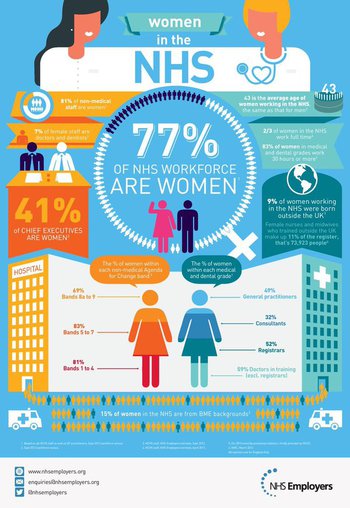 Similarly, in a first-grade classroom, there’s bound to be at least one kid without any reading skills and at least one kid who’s reading independently.”
Similarly, in a first-grade classroom, there’s bound to be at least one kid without any reading skills and at least one kid who’s reading independently.”
So what’s a parent of a late reader to do? Be vigilant, but don’t panic, say all three experts. If you think your child is struggling with reading or isn’t getting the help he or she needs, says Shanahan, the first step is to talk to the teacher—don’t hesitate to bring up the subject and brainstorm strategies for supporting reading. If you’re still concerned after meeting with the teacher, says Brenna, ask for a referral to another member of the school’s or the board’s team, such as a special education teacher or speech-language pathologist. “A team approach is often very helpful in developing an action plan for literacy, and most students respond well to additional supports at the school level,” says Brenna. Your child’s doctor, as well as speech-language pathologists and educational psychologists, can also help to create a support plan.
Above all, say the experts, don’t push, because it will turn reading into a power struggle. “The biggest priority has to be how the child feels about reading,” says Leroy. “So entice kids by making it fun.” And be reassured by the fact that many kids who are slow to pick it up become lifelong book lovers.
If your child isn’t reading at grade level by the end of grade three, Leroy says you should investigate whether she is struggling with other subjects, create a plan with the teacher and discuss having a thorough assessment. In some cases, the delay may be caused by an underlying condition.
“I kept hearing, ‘She’s going at her own pace,’ or ‘She’s behind, but I’m not worried yet,’” recalls Toronto mom Jessica Miller* about her daughter Sabrina’s lagging reading skills in first and second grade. When Sabrina’s school didn’t take action by the end of grade two, Miller and her husband paid to have Sabrina tested privately—and found out that she is dyslexic.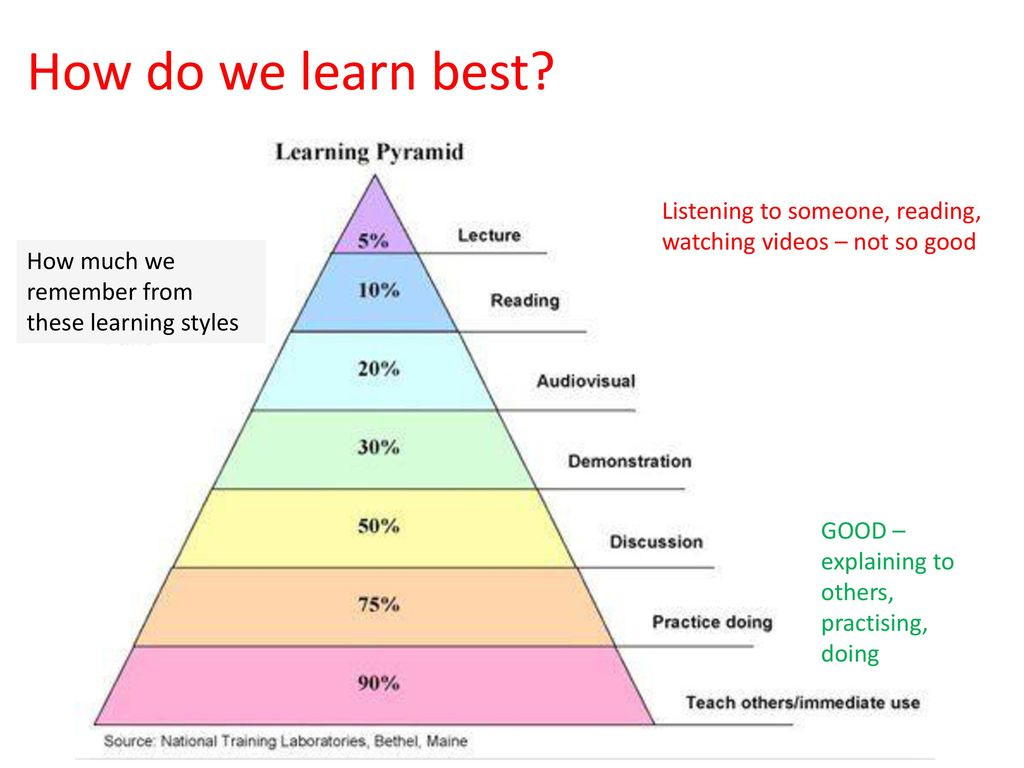 Miller’s first grader, Gavin, isn’t showing any signs of delayed reading, but she’s adamant that she will have him tested at the first sign of any trouble: “I’m not falling for, ‘He’s in the range.’”
Miller’s first grader, Gavin, isn’t showing any signs of delayed reading, but she’s adamant that she will have him tested at the first sign of any trouble: “I’m not falling for, ‘He’s in the range.’”
Levinson, meanwhile, is doing whatever she can to make reading enjoyable for Sadie. “She loves making up stories and dictating them to me, and will happily read those out loud,” she says. “We get library books on whatever she’s interested in—mummies, wizards, jewellery making. We’ve done treasure hunts at the grocery store and word searches. I have literally done reading time with her sitting on my shoulders.”
That’s the right approach, says Leroy. “If a kid wants to stand on his head while he reads—if he wants you to stand on your head while he reads—do it. With children this age, we forget how much they’re in control of their own learning already.”
Online resources:
ABRACADABRA is a free language and reading program developed at Concordia University in Montreal. Kids can use the “light” version, which contains activities for teaching comprehension and fluency. abralite.concordia.ca
Kids can use the “light” version, which contains activities for teaching comprehension and fluency. abralite.concordia.ca
Saskatchewan Reads, created by Saskatchewan’s provincial reading team, is a user-friendly site with strategies and resources for teaching primary students to read. saskatchewanreads.wordpress.com
Read more:
15 creative ways to get kids reading (that really work!)
Essential tips for teaching kids to read
Stay in touch
Subscribe to Today's Parent's daily newsletter for our best parenting news, tips, essays and recipes.- Email*
- CAPTCHA
- Consent*
Yes, I would like to receive Today's Parent's newsletter. I understand I can unsubscribe at any time.**
FILED UNDER: app-school-age Books Family Literacy Day June 2015 Mcdonalds2018 Reading
What is the best age to learn to read?
Loading
Family Tree | Education
What is the best age to learn to read?
(Image credit: Ozge Elif Kizil/Anadolu Agency via Getty Images)
By Melissa Hogenboom
2nd March 2022
In some countries, kids as young as four learn to read and write.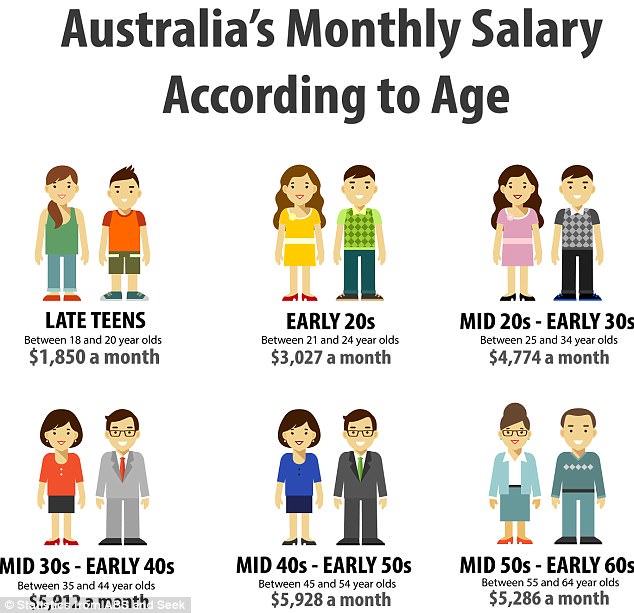 In others, they don't start until seven. What's the best formula for lasting success? Melissa Hogenboom investigates.
In others, they don't start until seven. What's the best formula for lasting success? Melissa Hogenboom investigates.
I
I was seven years old when I started to learn to read, as is typical of the alternative Steiner school I attended. My own daughter attends a standard English school, and started at four, as is typical in most British schools.
Watching her memorise letters and sound out words, at an age when my idea of education was climbing trees and jumping through puddles, has made me wonder how our different experiences shape us. Is she getting a crucial head-start that will give her lifelong benefits? Or is she exposed to undue amounts of potential stress and pressure, at a time when she should be enjoying her freedom? Or am I simply worrying too much, and it doesn't matter at what age we start reading and writing?
There's no doubt that language in all its richness – written, spoken, sung or read aloud – plays a crucial role in our early development. Babies already respond better to the language they were exposed to in the womb.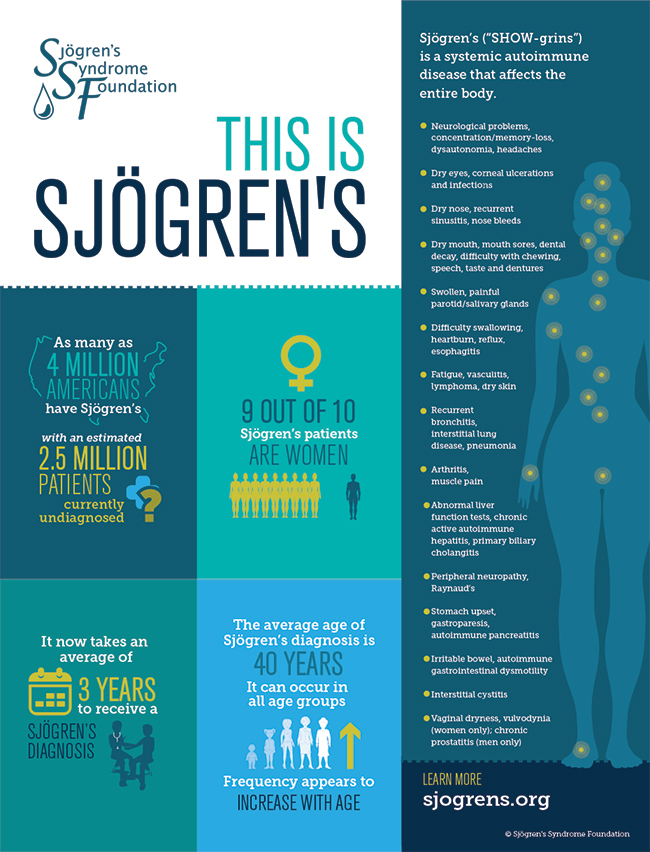 Parents are encouraged to read to their children before they are even born, and when they are babies. Evidence shows that how much or how little we are talked to as children can have lasting effects on future educational achievement. Books are a particularly important aspect of that rich linguistic exposure, since written language often includes a wider and more nuanced and detailed vocabulary than everyday spoken language. This can in turn help children increase their range and depth of expression.
Parents are encouraged to read to their children before they are even born, and when they are babies. Evidence shows that how much or how little we are talked to as children can have lasting effects on future educational achievement. Books are a particularly important aspect of that rich linguistic exposure, since written language often includes a wider and more nuanced and detailed vocabulary than everyday spoken language. This can in turn help children increase their range and depth of expression.
Since a child's early experience of language is considered so fundamental to their later success, it has become increasingly common for preschools to begin teaching children basic literacy skills even before formal education starts. When children begin school, literacy is invariably a major focus. This goal of ensuring that all children learn to read and write has become even more pressing as researchers warn that the pandemic has caused a widening achievement gap between wealthier and poorer families, increasing academic inequality.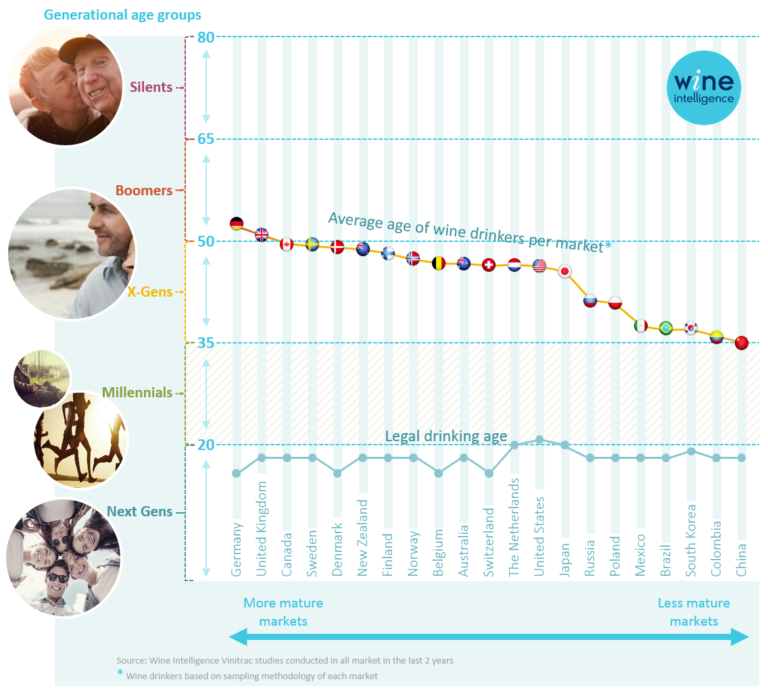
There are many ways to enjoy reading. In this Namibian school, blind and visually impaired children learn the Braille script (Credit: Oleksandr Rupeta/NurPhoto/Getty Images)
Family Tree
In many countries, formal education starts at four. The thinking often goes that starting early gives children more time to learn and excel. The result, however, can be an "education arms race", with parents trying to give their child early advantages at school through private coaching and teaching, and some parents even paying for children as young as four to have additional private tutoring.
Compare that to the more play-based early education of several decades ago, and you can see a huge change in policy, based on very different ideas of what our children need in order to get ahead. In the US, this urgency sped up with policy changes such as the 2001 "no child left behind" act, which promoted standardised testing as a way to measure educational performance and progress.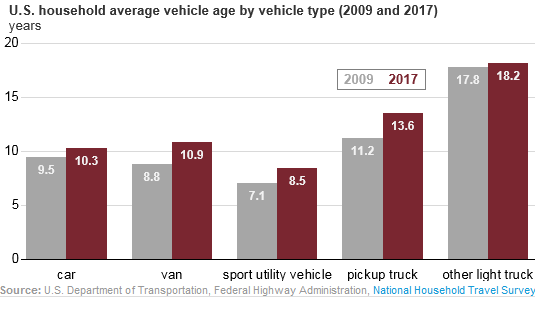 In the UK, children are tested in their second year of school (age 5-6) to check they are reaching the expected reading standard. Critics warn that early testing like this can put children off reading, while proponents say it helps to identify those who need additional support.
In the UK, children are tested in their second year of school (age 5-6) to check they are reaching the expected reading standard. Critics warn that early testing like this can put children off reading, while proponents say it helps to identify those who need additional support.
However, many studies show little benefit from an early overly-academic environment. One 2015 US report says that society's expectations of what children should achieve in kindergarten has changed, which is leading to "inappropriate classroom practices", such as reducing play-based learning.
The risk of "schoolification"
How children learn and the quality of the environment is hugely important. "Young children learning to read is one of the most important things primary education does. It's fundamental to children making progress in life," says Dominic Wyse, a professor of primary education at University College London, in the UK. He, alongside sociology professor Alice Bradbury, also at UCL, has published research proposing that the way we teach literacy really matters.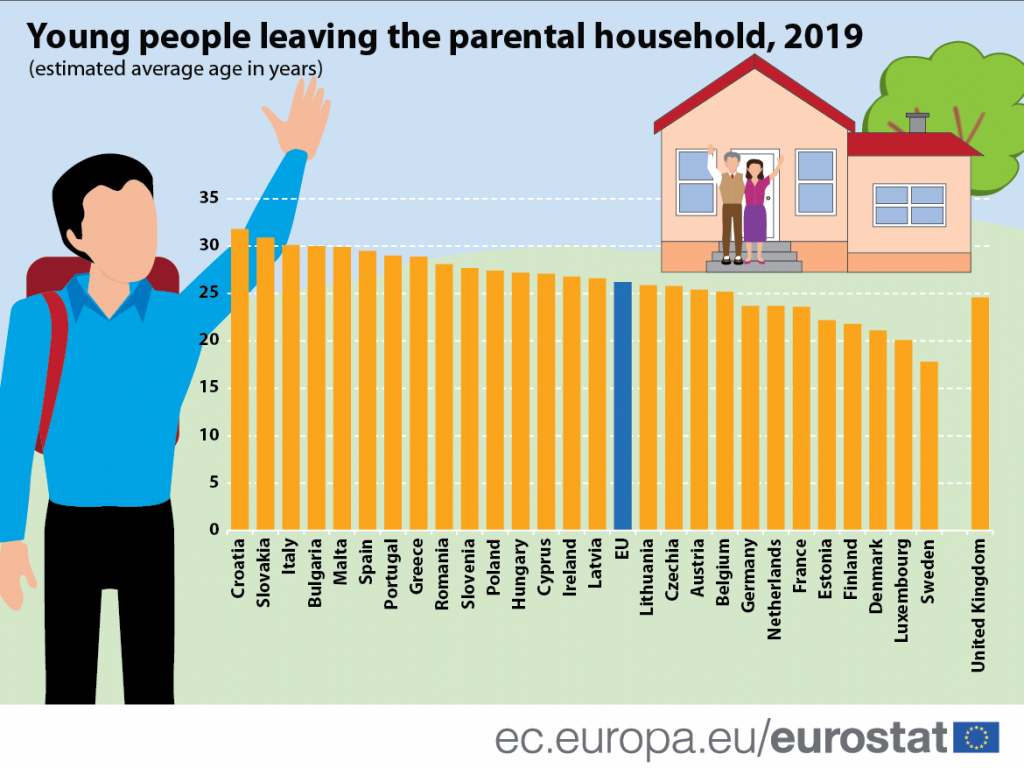
In a 2022 report, they state that English school system's intense focus on phonics – a method that involves matching the sound of a spoken word or letter, with individual written letters, through a process called "sounding out" – could be failing some children.
A reason for this, says Bradbury, is that the "schoolification of early years" has resulted in more formal learning earlier on. But the tests used to assess that early learning may have little to do with the skills actually needed to read and enjoy books or other meaningful texts.
For example, the tests may ask pupils to "sound out" and spell nonsense words, to prevent them from simply guessing, or recognising familiar words. Since nonsense words are not meaningful language, children may find the task difficult and puzzling. Bradbury found that the pressure to gain these decoding skills – and pass reading tests – also means that some three-year-olds are already being exposed to phonics.
"It doesn't end up being meaningful, it ends up being memorising rather than understanding context," says Bradbury.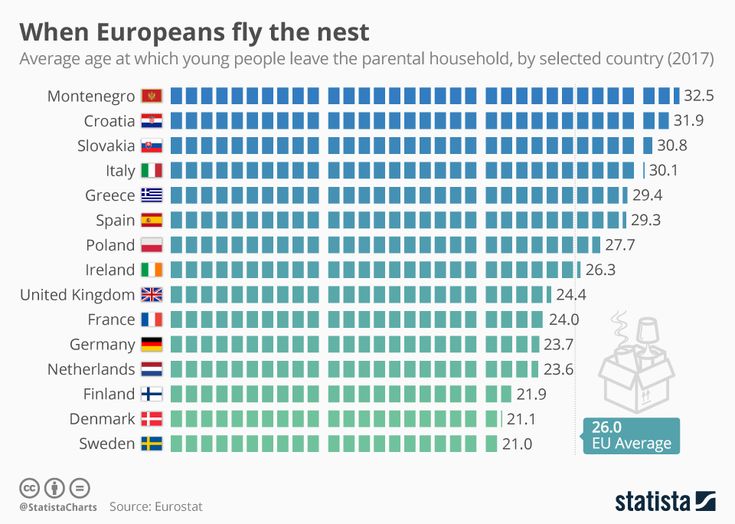 She also worries that the books used are not particularly engaging.
She also worries that the books used are not particularly engaging.
Language in all its richness – written, spoken, sung or read aloud – plays a crucial role in our early development (Credit: Xie Chen/VCG via Getty Images)
Neither Wyse nor Bradbury make the case for later learning per se, but rather highlight that we should rethink the way children are taught literacy. The priority, they say, should be to encourage an interest in and familiarity with words, using storybooks, songs and poems, all of which help the child pick up the sounds of words, as well as expanding their vocabulary.
This idea is backed up by studies that show that the academic benefits of preschool fade away later on. Children who attend intensive preschools do not have higher academic abilities in later grades than those who did not attend such preschools, several studies now show. Early education can however have a positive impact on social development – which in turn feeds into the likelihood of graduation from school and university as well as being associated with lower crime rates.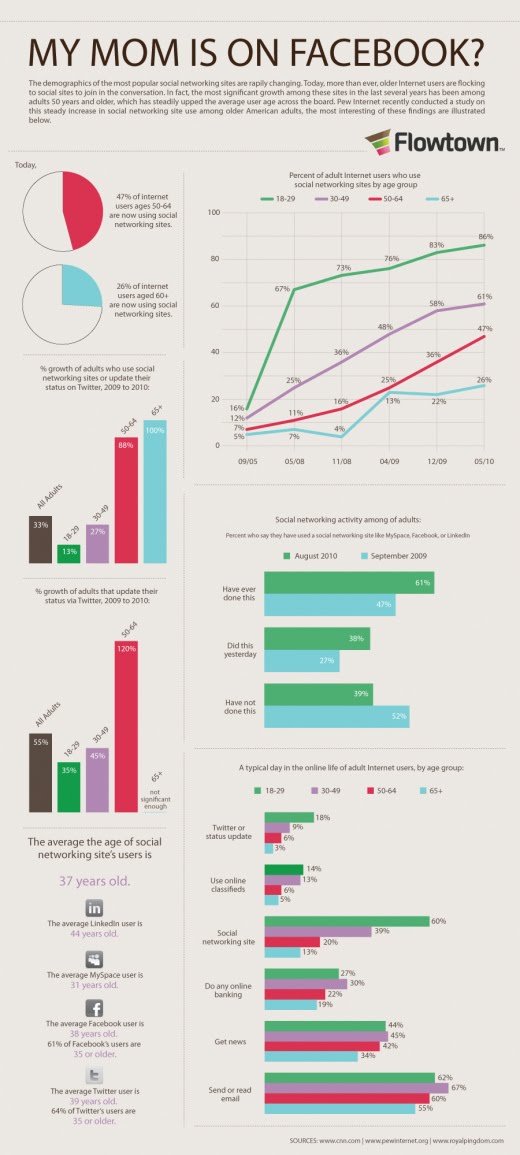 In short, attending preschool can have positive effects on later achievement in life, but not necessary on academic skills.
In short, attending preschool can have positive effects on later achievement in life, but not necessary on academic skills.
Too much academic pressure may even cause problems in the long run. A study published in January 2022 suggested that those who attended a state-funded preschool with a strong academic emphasis, showed lower academic achievements a few years later, compared to those who had not gained a place.
This chimes with research on the importance of play-based learning in the early years. Child-led play-based preschools have better outcomes than more academically focussed preschools, for example.
One 2002 study found that "children's later school success appears to have been enhanced by more active, child-initiated early learning experiences", and that overly formalised learning could have slowed progress. The study concluded that "pushing children too soon may actually backfire when children move into the later elementary school grade".
Similarly, another small study found that disadvantaged children in the US who were randomly assigned to a more play-based setting had lower behavioural issues and emotional impairments at age 23, compared to children who had been randomly assigned to a more "direct instruction" setting.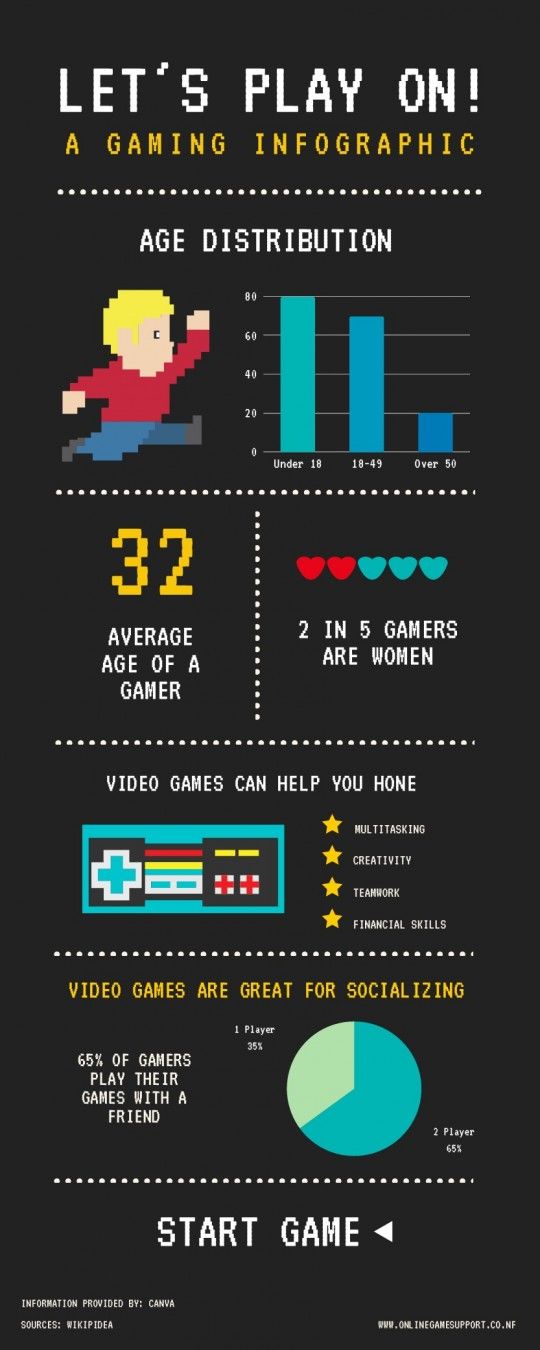
Preschool studies like these don't shed light on the impact of early literacy per se, and small studies in single locations must always be treated with care, but they suggest that how it is taught, matters. One reason why early education can result in positive social outcomes later in life may have nothing to do with the teaching at all, but with the fact that it provides childcare. This means parents can work uninterrupted and provide more income to the family home.
Anna Cunningham, a senior lecturer in psychology at Nottingham Trent University who studies early literacy, argues that if a setting is too academically focused early on, it can cause the teachers to become stressed over tests and results, which can in turn affect the kids. "Of course it's not good to judge a five-year-old on their results," she says. Parental anxiety about how well their child is doing at school can also feed into this: according to a survey commissioned by an educational charity in the UK, school performance is one of parents' top concerns.
With the right support, children can learn to read in a wide range of settings, like this open-air school in Dhaka, Bangladesh (Credit: Anadolu Agency via Getty Images)
Later start, better outcomes?
Not everyone favours an early start. In many countries, including Germany, Iran and Japan, formal schooling starts at around six. In Finland, often hailed as the country with one of the best education system in the world, children begin school at seven.
Despite that apparent lag, Finnish students score higher in reading comprehension than students from the UK and the US at age 15. In line with that child-centred approach, the Finnish kindergarten years are filled with more play and no formal academic instruction.
Following this model, a 2009 University of Cambridge review proposed that the formal school age should be pushed back to six, giving children in the UK more time "to begin to develop the language and study skills essential to their later progress", as starting too early could "risk denting five-year-olds' confidence and causing long-term damage to their learning".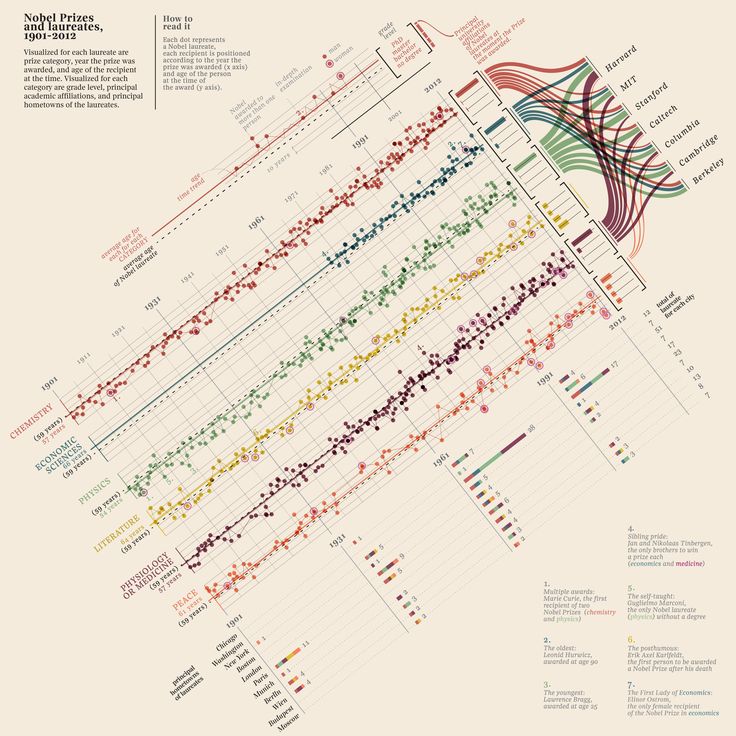
Research does back up this idea of starting later. One 2006 kindergarten study in the US showed there was improvement in test scores for children who delayed entry by one year.
Other research comparing early versus late readers, found that later readers catch up to comparable levels later on – even slightly surpassing the early readers in comprehension abilities. The study, explains lead author Sebastian Suggate, of the University of Regensburg in Germany, shows that learning later allows children to more efficiently match their knowledge of the world – their comprehension – to the words they learn. "It makes sense," he says. "Reading comprehension is language, they've got to unlock the ideas behind it."
"Of course if you spend more time focusing on language earlier on, you are building a strong foundation of skills that takes years to develop. Reading can be picked up quickly but for language (vocabulary and comprehension) there's no cheap tricks. It's hard work," says Suggate. In other work looking at differing school entry ages, he found that learning to read early had no discernible benefits at age 15.
In other work looking at differing school entry ages, he found that learning to read early had no discernible benefits at age 15.
The question remains that if reading ability is not improved by learning early, then why start early? Individual variation in reading appetite and ability are one important aspect.
"Children are hugely different in terms of their foundational skills when they start school or start learning to read," explains Cunningham. In her study of Steiner-educated children, who only start formal education at about seven, she had to exclude 40% of the sample as the children could already read. "I think that's because they were ready for it," she says. She also found the older children were more ready "to learn the process to read in terms of their underlying language skills" because they had had three extra years of language exposure.
World Book Day celebrates the joy of reading, and has become increasingly popular. Here, British Olympic Gold Medallist Greg Rutherford joins in (Credit: Matt Alexander/PA Wire)
Studies also show that reading ability is more closely linked to a child's vocabulary than to their age, and that spoken language skills are a high predictor of later literary skills. However, we know that many children who enter school are behind on their language skills, especially those from disadvantaged backgrounds. Some argue that formal teaching allows these children to access the support and skills that others may pick up informally at home. This line of thinking is espoused by UK educational authorities, who say that teaching reading early to those behind on their spoken language is "the only effective route to closing this [language ability] gap".
However, we know that many children who enter school are behind on their language skills, especially those from disadvantaged backgrounds. Some argue that formal teaching allows these children to access the support and skills that others may pick up informally at home. This line of thinking is espoused by UK educational authorities, who say that teaching reading early to those behind on their spoken language is "the only effective route to closing this [language ability] gap".
Others favour the opposite approach, of immersing children in an environment where they can enjoy and develop their language comprehension, which is after all central to reading success. This is exactly what a playful learning setting helps encourage. "The job of teaching is to assess where your children are and give them the most appropriate teaching related to their level of development," says Wyse. The 2009 Cambridge review echoed this and stated: "There is no evidence that a child who spends more time learning through lessons – as opposed to learning through play – will 'do better' in the long run. "
"
Cunningham, whose daughter has also recently started learning to read, has a reassuringly generous view of the ideal reading age: "It doesn't matter whether you start to read at four or five or six as long as the method they are taught is a good, evidenced method. Children are so resilient they will find opportunities to play in any context."
Our obsession with early literacy appears to be somewhat unfounded, then – there's no need, nor clear benefit of rushing it. On the other hand, if your child is starting early, or shows an independent interest in reading before their school offers it, that's fine too, as long as there is plenty of opportunity to down tools and have fun along the way.
* Melissa Hogenboom is the editor of BBC Reel. Her book, The Motherhood Complex, is out now. She is @melissasuzanneh on Twitter.
--
Join one million Future fans by liking us on Facebook, or follow us on Twitter or Instagram.
If you liked this story, sign up for the weekly bbc.com features newsletter, called "The Essential List". A handpicked selection of stories from BBC Future, Culture, Worklife, Travel and Reel delivered to your inbox every Friday.
When to start teaching your child to read: 2 approaches to learning
Reading - a fun app for teaching children to read 3-7 years old
A colorful journey into the world of a fairy tale will allow your child to immerse themselves in the study of letters and syllables. Learning to read will no longer be a boring, routine task and will become a fun adventure to save the Magic Land.
Early and timely development
Parents often ask the question: "At what age should a child be taught to read?".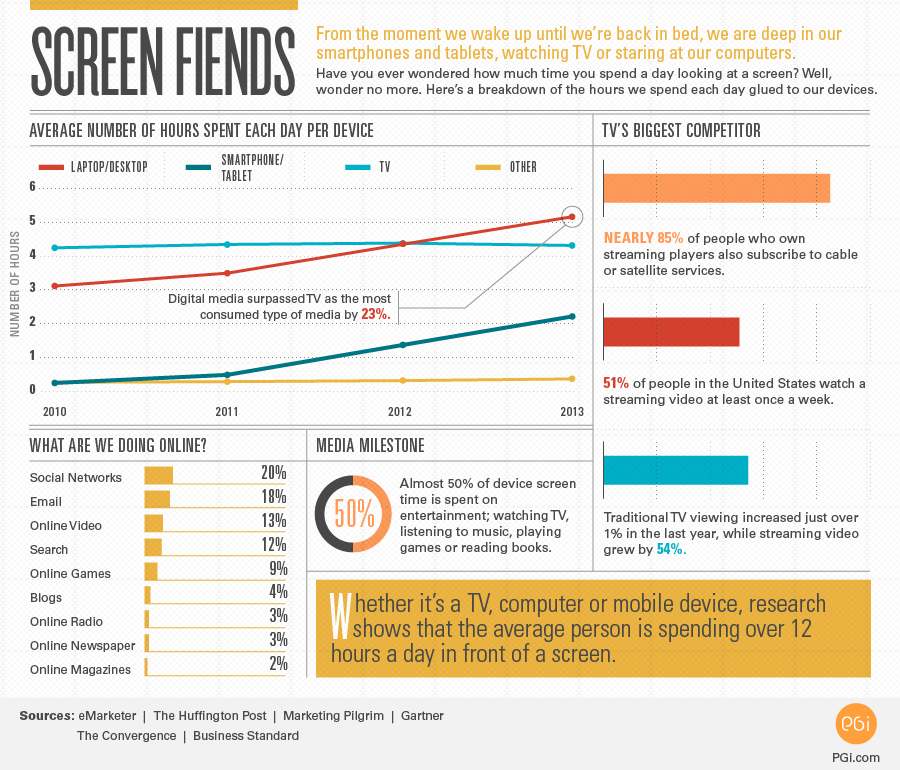 There are two approaches to teaching reading - early development and timely development.
There are two approaches to teaching reading - early development and timely development.
According to the first, the child is an open book. His learning abilities are enormous, so you need to give him as many opportunities for development as possible in the very first years of life.
The ability to absorb information is much higher in a child's brain than in an adult ... We should be concerned not that we give the child too much information, but that it is often too little to fully develop the child.
Masaru Ibuka Japanese engineer, one of the founders of Sony; creator of innovative concepts for the upbringing and education of young children.
Evgeny Komarovsky, a well-known pediatrician, tells how to ensure the correct early development of a child. The expert emphasizes the importance of a harmonious combination of early mental development and physical development for the most comfortable growing up of your child.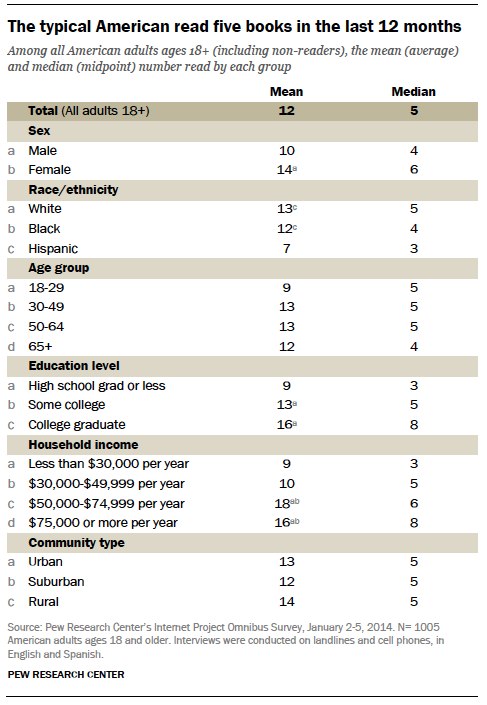
According to the second approach, development must be timely. The child is able to understand and assimilate the material to which they have grown up and acquired the ability to perceive this material in the corresponding structures of the brain. And this means that the perception of information, its processing, analysis and feedback will depend on the age of the child.
One of the main concepts of child neuropsychology is the concept of developmental heterochrony. It means that different structures of the child's brain and mental functions mature at different rates. Therefore, they reach full maturity at different stages of development. Each mental function has its own cycle, in which there are phases of rapid or slow development.
If the brain center has reached the level of maturity, it will perceive the corresponding impact of the environment. If not achieved, then he will not perceive or will perceive limitedly. So there were certain "rules" of development. For example, the fact that a child goes to school at the age of about seven years.
Zheleznyak Nadezhdapsychologist, author of seminars and books on the psychology of art
How quickly a child learns to read, and what kind of child can be called a reader
The younger the child, the more time it will take him to learn to read steadily. For a 3-4 year old child, it can be several months or even a year. In fact, the child learns to read and grows with it. For a 6-7 year old child, a shorter period is needed.
The creators of methods, manuals and owners of children's development centers often give much shorter terms - from two days to two months.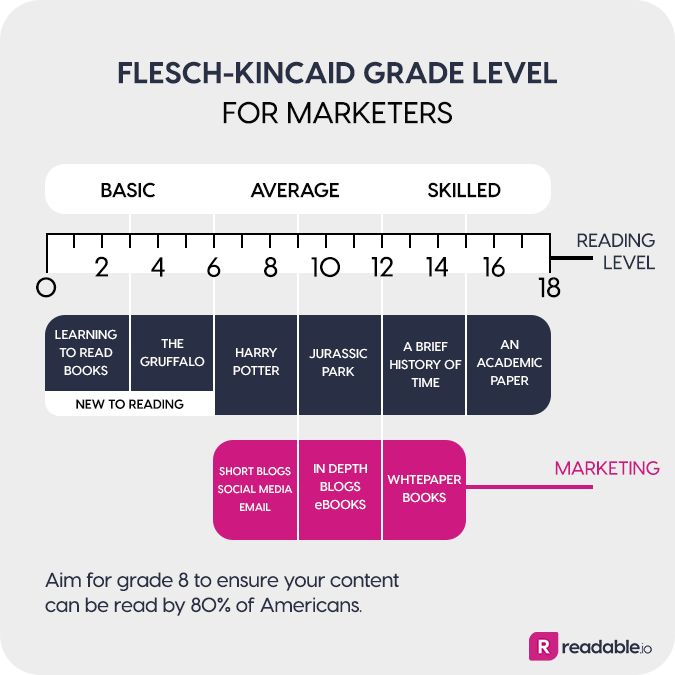 At the same time, they mean "can read from a pedagogical point of view."
At the same time, they mean "can read from a pedagogical point of view."
In pedagogy, a child is considered to be a reader if he understands the fusion of sounds, letters and can read a simple syllable: MA, NA, PA, etc. The rest is a matter of reading technique. However, there are exceptions to the rules and practices - these are brilliant children.
"Readings" - a game application that the child goes through and learns to read. Letters, warehouses (according to the Zaitsev method), short words, long words, sentences - everything in order to learn to read, the child works out in the game.
We, the creators of "Reading", have noticed that children complete the application for different periods. Three-year-old children for a period of a year or more, 4-5 year olds on average for six months, and 6-7 year old children go through the application completely and learn to read in a month or even faster.
Children of genius and reading
It is striking in the fate of children of genius that they all begin to read very early, at the age of 2-4 years. And not just connect letters into syllables, but read books. Thus, the ability to learn to read at an early preschool age may be a sign of a child's giftedness. However, the fate of such people are often tragic. Genius coexists with ineptitude, disorder in life, problems in socialization and health problems. There are few truly brilliant people. And the more they are struck by their unfortunate destinies, early deaths. I found stories about five geniuses of the last 100 years, but only one of the five could live to old age. Here are two examples of the typical fate of geniuses.
And not just connect letters into syllables, but read books. Thus, the ability to learn to read at an early preschool age may be a sign of a child's giftedness. However, the fate of such people are often tragic. Genius coexists with ineptitude, disorder in life, problems in socialization and health problems. There are few truly brilliant people. And the more they are struck by their unfortunate destinies, early deaths. I found stories about five geniuses of the last 100 years, but only one of the five could live to old age. Here are two examples of the typical fate of geniuses.
William Sidis (1898-1944) came from a family of Russian emigrants, learned to read at the age of 2. By the age of 8, he already knew 8 languages. At the age of 7, he successfully passed the exams at Harvard, although he was actually enrolled there only at 11 years old. Professors predicted the young man an excellent career in various fields, but, contrary to expectations, William hid from reporters all his life and worked as an accountant.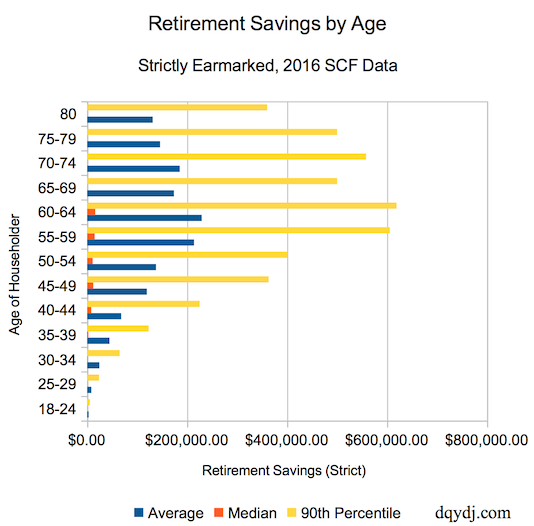 He died at the age of 46 from a cerebral hemorrhage.
He died at the age of 46 from a cerebral hemorrhage.
Pasha Konoplev is an example of a brilliant child of the Soviet era. Learned to read at the age of 3. At preschool age, watching his mother, he begins to use a slide rule and solves rather complex mathematical problems. At the age of 5 he masters playing the piano himself, at 8 he studies physics. At the age of 15, he entered the faculty of the VMK at Moscow State University, and at 19to graduate school. However, after the age of 25, the psyche begins to falter and this promising young man dies at 29 from the effects of treatment with potent drugs.
Reading is a fun app for teaching children aged 3-7 to read
A colorful journey into the world of a fairy tale will allow your child to immerse themselves in the study of letters and syllables. Learning to read will no longer be a boring, routine task and will become a fun adventure to save the Magic Land.
How to know when it's time to teach your child to read and what is important to remember
Learning to read is as much a stage in a child's development as any other. All children learn to move - crawl, walk, run. They learn to interact with objects in this world, to control their body. They learn to communicate first with their mother, then with other people...
All children learn to move - crawl, walk, run. They learn to interact with objects in this world, to control their body. They learn to communicate first with their mother, then with other people...
By indirect signs, we can understand that the child is ready to master some skill. For example, when a baby gets on its feet, we understand that it will soon go. We give him more opportunities to do so. However, in infancy, a person often performs the mechanisms of development laid down in him unconsciously. A child cannot fail to learn to walk, unless, of course, we are talking about a healthy child.
The older the child, the more difficult the brain works for him, the psyche and character are connected.
For example, communication in kindergarten did not go well, and even the mother, in a conversation with a friend in front of the child, confirmed that she considers her son unsociable and ... It is quite possible that the child will avoid communication.
Reading is the same.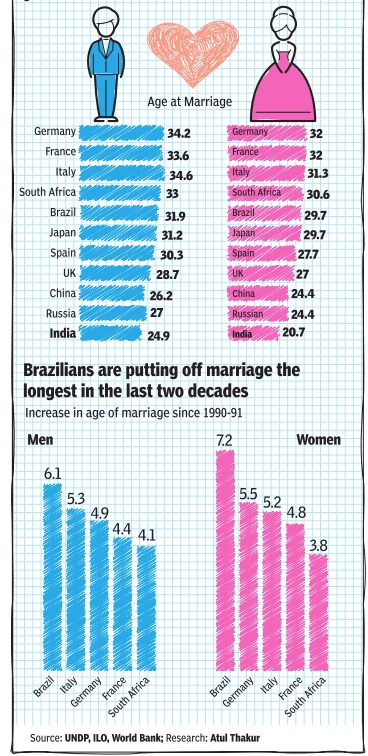 So when should you start teaching your child to read? If your child shows interest in books, looks at pictures, is interested in letters, runs his finger over the text, then it's time. You can tell him about how you read. That text is made up of sentences, sentences are made up of words, and words are made up of letters. And be sure to tell us that all people were once children and also learned to read. And then reading also seemed difficult to them, but gradually, reading more and more, adults got used to it so much that now they don’t notice individual letters, but they read interesting stories in books and magazines, that’s how I tell you now ...
So when should you start teaching your child to read? If your child shows interest in books, looks at pictures, is interested in letters, runs his finger over the text, then it's time. You can tell him about how you read. That text is made up of sentences, sentences are made up of words, and words are made up of letters. And be sure to tell us that all people were once children and also learned to read. And then reading also seemed difficult to them, but gradually, reading more and more, adults got used to it so much that now they don’t notice individual letters, but they read interesting stories in books and magazines, that’s how I tell you now ...
It is impossible to accurately answer the question: "When do children learn to read?". At whatever age the child shows readiness - move gradually. Above, we talked about the fact that the child may have difficulties. Therefore, do not put pressure on him, do not show impatience, because this may affect the child's perception of learning in general and his impression of the learning process.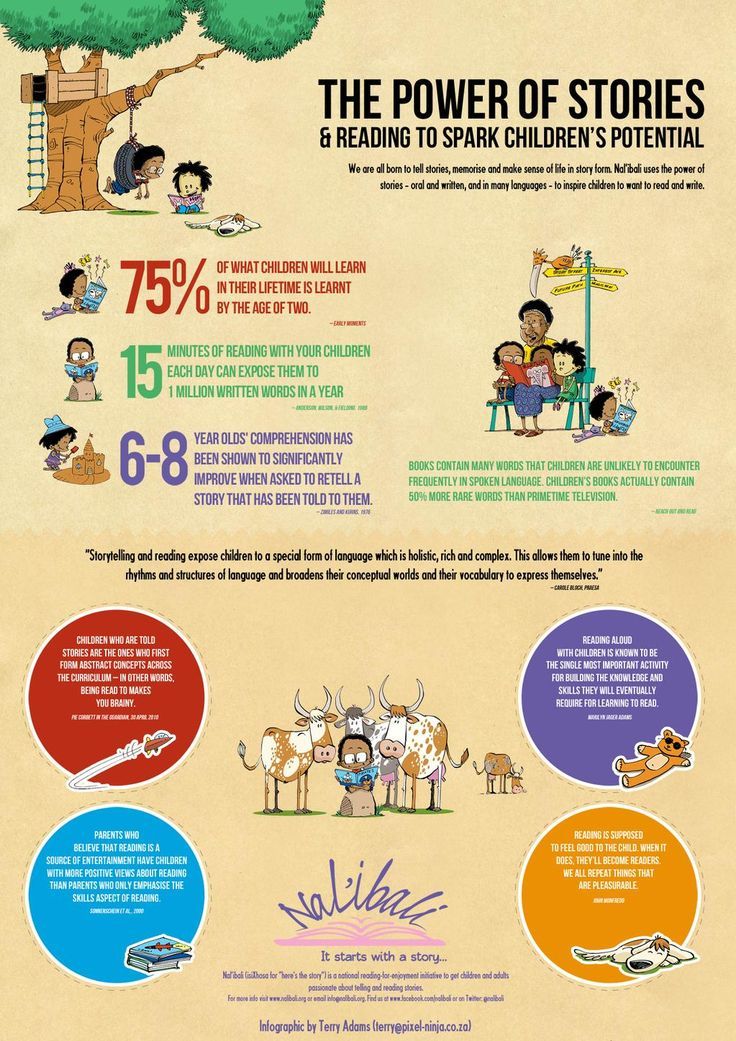 The last thing we want is for the child to feel uncomfortable after our classes, so that the classes do more harm than good - and these are quite real situations when children remember for the rest of their lives that reading is difficult and therefore boring.
The last thing we want is for the child to feel uncomfortable after our classes, so that the classes do more harm than good - and these are quite real situations when children remember for the rest of their lives that reading is difficult and therefore boring.
Natalia Sosnina
Co-author and methodologist of the Readings educational application. Since 2016, together with her husband and children, she has been developing a game to make learning to read interesting and understandable. The application is based on N.A. Zaitsev. In her free time she likes to spend time with her family and travel.
Read more about Natalia on VK, Instagram and the Readings YouTube channel.
Our other articles
- How to teach a child to read
- Whole word reading method
- Nikolai Zaitsev's technique
- Maria Montessori Method
- The child has learned and repeats bad words, how to behave?
- When to start teaching a child to read
- A preschooler does not want to learn to read.
 What to do?
What to do? - What is the most important and difficult thing in preparing for school?
- Development of spatial thinking of the child
- 5 Best Practices for Teaching Reading for Preschoolers
- 3 Best Alphabet Learning Games
- Learning the alphabet for children in a playful way
When is the best time to teach a child to read. Q&A/ Kidskey Online School Blog
“In kindergarten, my son immediately passed the competition and got into a special group for gifted children. He mastered the elementary school program in 3 years and already at the age of 10 had an IQ of 124 points. After school, he entered a free department at a prestigious lyceum, where there was a competition of 400 people for 60 places. Then he passed the exam and entered the university on the budget.
⠀
I don't know what exactly is the reason for my child's success, but I think it's early learning to read. I started training with Anton when he was only 9 months old…”
⠀
We came across such a story on one of the “mom” forums.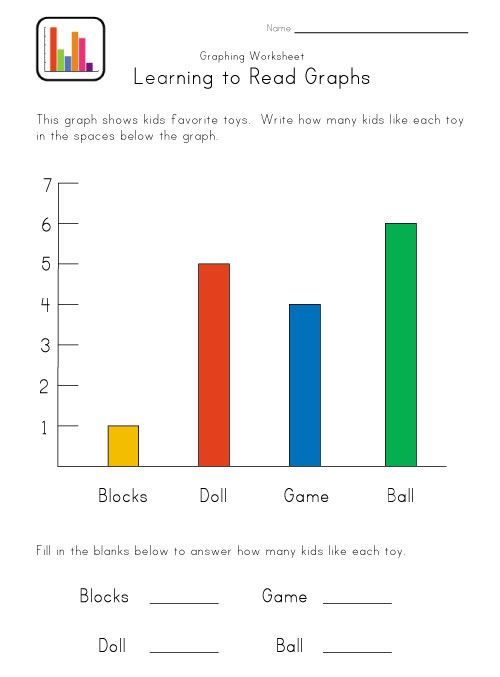 But it was not even the story itself that interested me more, but the reaction to it. Other mothers were so inspired by the success of one child that they bombarded the author with comments. They thanked for the advice and scolded the opponents of early development. Say, thank you for dispelling our doubts about early learning.
But it was not even the story itself that interested me more, but the reaction to it. Other mothers were so inspired by the success of one child that they bombarded the author with comments. They thanked for the advice and scolded the opponents of early development. Say, thank you for dispelling our doubts about early learning.
⠀
Of course, every mother wants her child to be able to read by school and learn the program more easily, but it is important to understand that not all children are ready for learning from an early age.
⠀
In this article we answer your most popular questions about early learning to read.
The earliest age at which a child can learn to read?
A child can be taught to read at the age of 3. Yes, he can really read at the level of a schoolboy. But do not rush if his brain has not yet matured. This is not only a waste of time, but also a detriment to further development.
⠀
Let's take a simple example.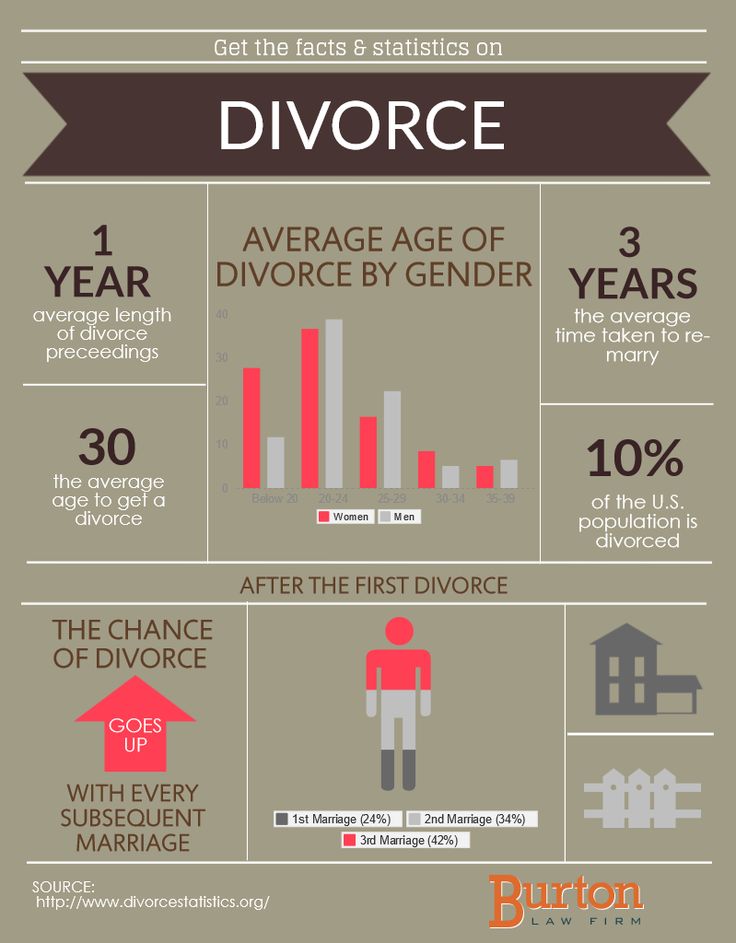 Imagine a 6-month-old baby who is not yet able to sit, and you want to teach him to walk. How to do this if he has not yet formed special neural connections and has not developed leg muscles? Theoretically, you can put him on stilts and let him walk. As a result, of course, he will go with great difficulty, but he will grow up disabled. Because in development the most important stage was missed, which is responsible for the coordination of movements in space.
Imagine a 6-month-old baby who is not yet able to sit, and you want to teach him to walk. How to do this if he has not yet formed special neural connections and has not developed leg muscles? Theoretically, you can put him on stilts and let him walk. As a result, of course, he will go with great difficulty, but he will grow up disabled. Because in development the most important stage was missed, which is responsible for the coordination of movements in space.
⠀
So it is with reading. From the point of view of neuropsychology, in children under 6–7 years old, the right hemisphere is actively developing, which is responsible for movement, perception, visual and spatial thinking. Therefore, at this age, more attention should be paid to the development of fine motor skills and physical activity.
If, however, at the age of 3 a child is seated for reading, this will lead to early stimulation of the still immature left hemisphere to the detriment of the right. Since the study of letters and symbols at this age inhibits the development of visual-figurative thinking, and in the future this may lead to a lag in learning.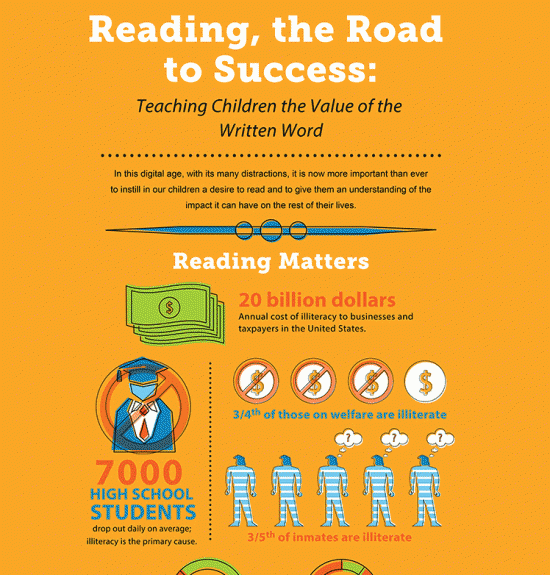
When is the best time to start teaching a child to read?
The answer is when the child is ready. In fact, there is no ideal age for mastering the skill of reading. The brain of each person is individual and develops at its own pace. At each stage of psychophysical development, the child has new abilities that are responsible for certain skills.
⠀
Some people can easily start reading at 3-4 years old, because they are ready, while others will master this skill only by 10-11 years old and this is considered an absolute norm. It's just that the brains of these children develop more slowly, but this does not affect their abilities in any way.
Proceeding from this, it is more correct to start teaching children to read not earlier than 4–5 years old, when the right hemisphere and subcortical layers of the brain are already practically formed.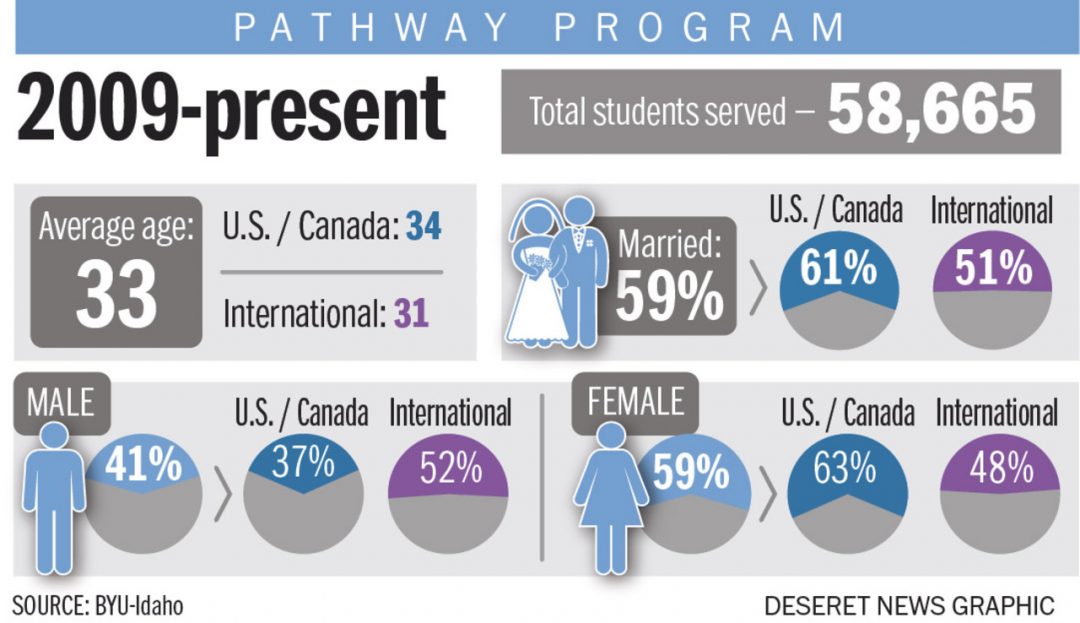
What factors influence a child's readiness to learn to read?
There are general factors influencing the readiness to learn to read:
1. Which hand is dominant in a child
It is more difficult for children whose left hand dominates to learn. If you notice that your child eats, draws, and brushes his teeth more with his left hand than with his right hand, he may be left-handed. Then with early learning to read you should not rush.
2. Developed fine motor skills
The sooner and better the child develops fine motor skills, the sooner he will be ready to learn to read. Because it is fine motor skills that contribute to the development of mental processes that are so necessary for memorizing letters, numbers and symbols.
⠀
Look at your child. If he can barely manage with a spoon, then do not rush to learn. Start working on fine motor skills.
3. Child's gender
Girls' brains are known to develop faster, so they are naturally ready to start learning to read before boys. But then again, all children are different, so you should not focus on this factor too much.
But then again, all children are different, so you should not focus on this factor too much.
4. Temperament
Calm children are easier to learn than hyperactive ones. If you have a mobile child, do not try to seat him at the age of 4 with a book, let him run, play and develop. His time will come. Coercion can lead to the fact that at school he will be completely turned away from studying. Read more about the influence of temperament on learning in the article: Why a child does not want to study: what are the reasons and what should parents do?
5. Interests
If your child currently likes to draw or sculpt, do not try to switch him to reading. Thanks to their favorite hobbies, the necessary connections are formed in the brain of children, which in the future will help to easily master reading and other sciences.
How do you know if a child is ready to learn to read?
Do not rush things and do what interests your child. Play and watch. And the moment when it will really be ready for reading, you definitely will not miss it. The child will begin to show a natural interest, and he will try to read the inscriptions on all the signs that you pass by while walking on the street. He will constantly ask you questions and pull you to help read what he himself cannot yet.
And the moment when it will really be ready for reading, you definitely will not miss it. The child will begin to show a natural interest, and he will try to read the inscriptions on all the signs that you pass by while walking on the street. He will constantly ask you questions and pull you to help read what he himself cannot yet.
⠀
At this moment, boldly start studying, and you will see how easy the process will go, and the child will learn to read.
How to start early learning to read so that the child does not lose interest?
Just play! Teaching children of preschool age and primary school should take place in a playful way, then the interest will not disappear and the result will please. Read more about this in the article: How to instill in your child a love of reading and teach him to read on his own.
⠀
Here is what our teachers say about early learning to read.
⠀
Valentina Melnikova, a teacher with 30 years of experience:
⠀
“Dear parents, start introducing your child to letters as early as possible.

